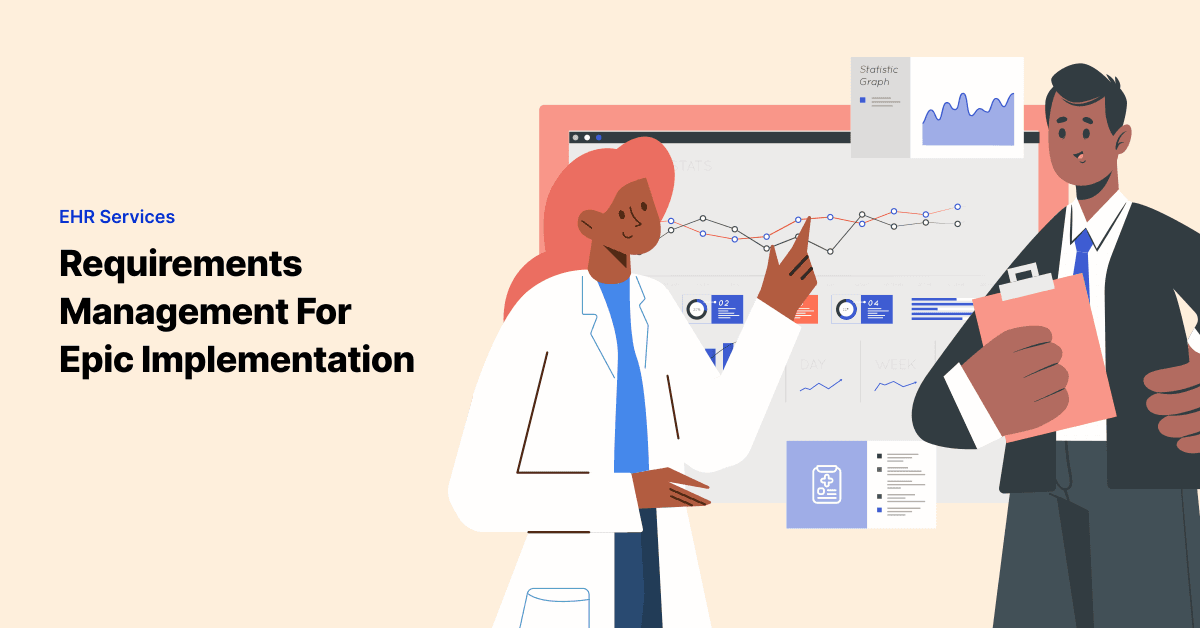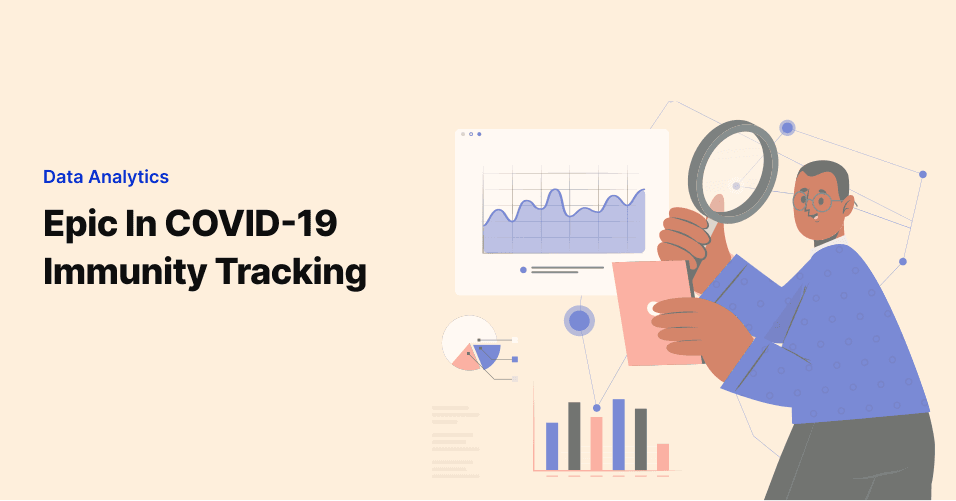
The Importance of Requirements Management for Epic Implementations
Despite the tech savviness of most hospital IT departments, one of the challenges that comes when implementing …

While we still in the mindset of reducing the influx of Coronavirus cases to give healthcare workers the opportunity to keep up, it’s worth thinking ahead to our next move: tracking Covid-19 immunity to help restore our economy. Many hospitals and practices throughout the country are still struggling to even test for Coronavirus in populations outside of first responders and patients presenting with the greatest distress (which is not to speak of the backlog in getting those results reported), but looking forward to how we can support and drive immunity identification in a region will go a long way in helping to corral this population health nightmare and encourage whatever normalcy we can hope for in the latter half of 2020. One of the greatest tools that can help drive this effort is already in front of the majority of our healthcare providers: Epic EHR. By applying innovative thinking to leverage the very technology so ubiquitous in hospital and urgent care settings, we can utilize Epic to drive Covid-19 immunity tracking based on the latest data coming out of labs and the front lines of care.
Given the scale and spread of the virus, it’s hard to imagine that testing capacity will fully catch up in the immediate future. Formulating how to better focus testing efforts can go a long way in cleaning up the data we have at a local and national level when it comes to disease rates, especially for diagnosing and establishing immunity. Incorporating Clinical Decision Support in Epic to implement screening questionnaires can improve reporting statistics and help capture more, unique information based on the relevant data points identified by other countries and in vitro studies.
For example, there is mounting evidence that the lack of smell and taste reported by many Coronavirus-positive patients is related to the gut response to the virus. Much attention has been focused on the respiratory impact and therefore the presentation of shortness of breath as a key flag for physicians to suspect COVID. But by nimbly incorporating symptom screening for diarrhea or anorexia (symptoms now identified as early indicators), as well as loss of smell or taste, strategic flagging and testing of such patients may help isolate these easy-to-miss cases for tracking and care. This makes perfect sense, too, since the ACE 2 receptors getting so much attention for their role as an entry point for the virus exist in both the lungs and in the gut. Gastrointestinal symptoms shouldn’t be a surprise, and yet we know they’re not routinely part of the screening criteria currently.
The value of Epic as a tool right now is that it is already in place in many hospitals and healthcare systems across the nation. Given the configurability of the solution, it’s a point-of-care resource, already within the existing clinical user flow, that can be updated as often as needed to present the most current recommendations (via CDS alerts, as discussed above), as well as provide assessments that be incorporate the latest and greatest data coming out of clinical studies looking at Covid-19. These assessments can then drive workflows, such as suggesting a stool screening when a patient tests negative on the PCR test, but is still suspected of having COVID (given that the virus can shed up to twice as long in the stool as it does in the nasal tissue).
While we understand the sentiment that mild cases of Covid-19 will be addressed not all that differently from the same precautions that the rest of the country is following — social distancing (self-isolation), hand washing, mask wearing, etc. — it’s important to shore up proper testing to improve the data that is driving decisions and policy regarding our collective response to the disease. Many reports are coming out that death rates and infection rates are skewed and unreliable based on inadequate testing, backlogs, cause of death attribution errors and lagging methods for identifying the virus when patients may have already obtained natural immunity (especially if asymptomatic).
The greatest benefit, however, comes from better positioning ourselves to track immunity to Covid-19 in an effort to restore our economy and our way of life as we know it. By understanding to what extent a given population is immune to the disease (especially in advance of an artificial driver of these metrics, such as a vaccine), we can:
Positioning ourselves to respond quickly and strategically to this virus — and any others that are inevitable to come in its wake in the coming years — utilizing the very tools already in place for our front-line defenders (physicians, nurses, etc.) will go a long way in shortening the timeline from chaos to confidence.
Join over 3,200 subscribers and keep up-to-date with the latest innovations & best practices in Healthcare IT.

Despite the tech savviness of most hospital IT departments, one of the challenges that comes when implementing …

Making the most of an investment like an EHR for a large health system has a lot to do with the ability to …
It’s a strange aspect of human psychology (and curiosity) that we tend to learn more powerfully from hearing …